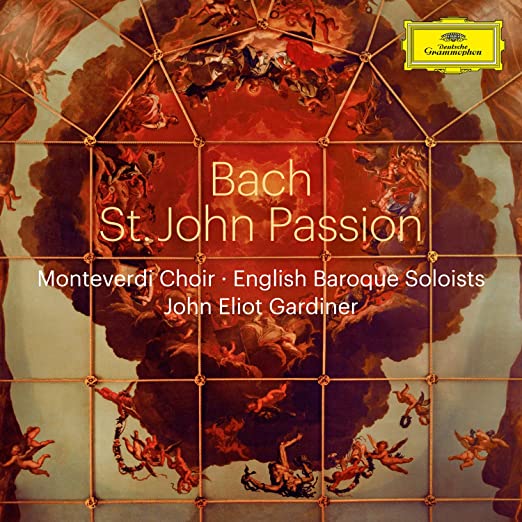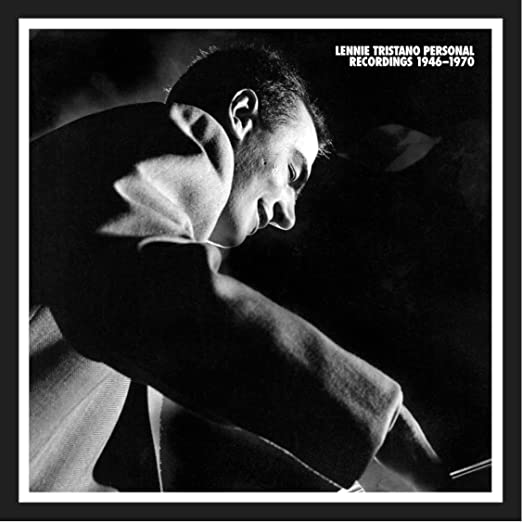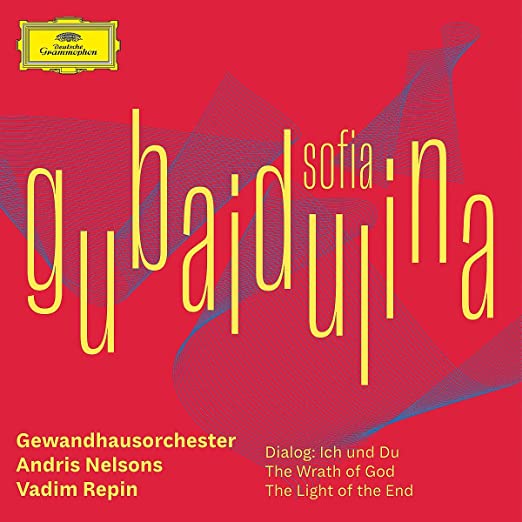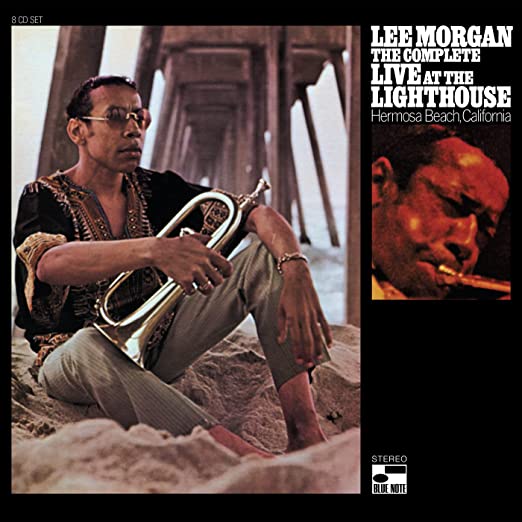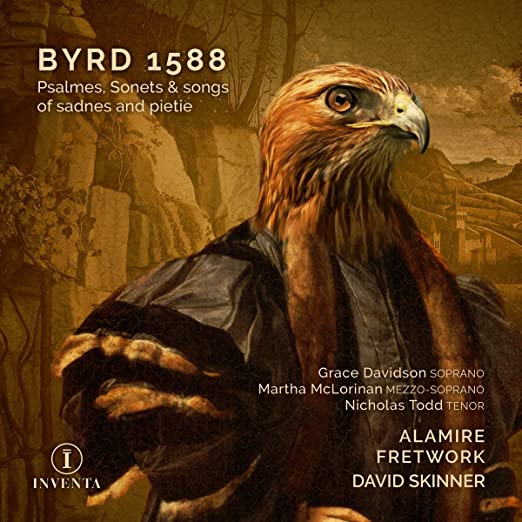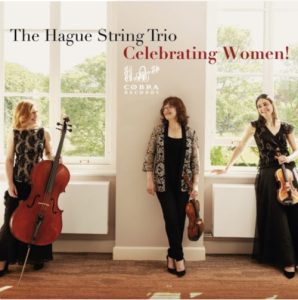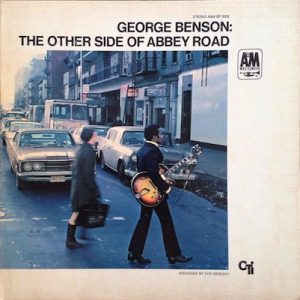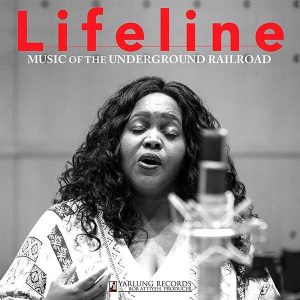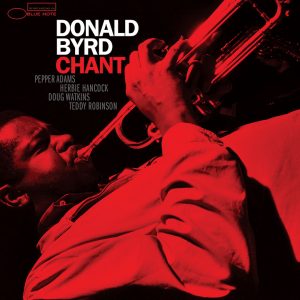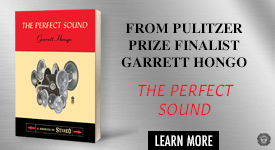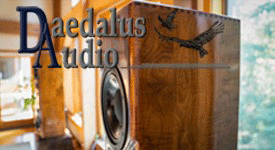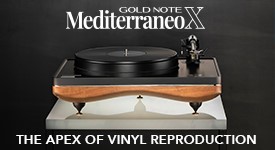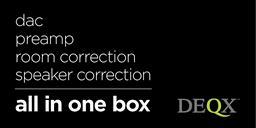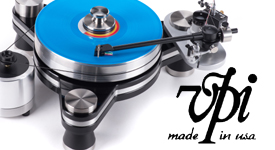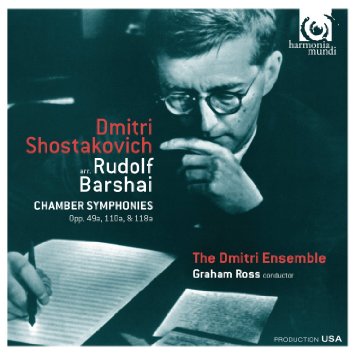
Dmitri Shostakovich, arranged Rudolph Barshai. Chamber Symphonies. The Dmitri Ensemble, Graham Ross. Harmonia Mundi HMU 907634.
These are three of Shostakovich's string quartets arranged for chamber orchestra by a student, friend, and close associate of the composer. Only one of them, the arrangement of Quartet No. 8, has gotten much attention before now. I have always been skeptical of this sort of enterprise, wondering why anyone would want to thicken and enrich the sound of music designed to move us through its lean vitality and clarity. But I came to this album with as open a mind as I could manage. Else why come to it at all?
An open mind here means trying not to listen to the chamber symphonies with the quartets in mind. Easier said than done, as it turned out. Impossible actually. As orchestral music, these works are a series of airy dreamscapes: contrasts are present but softened, instrumental voices we remember as stark and distinct are blended. Notes become chords. What we remember as existential we hear now as billowy philosophic reflections. Tchaikovsky's Mozartiana comes to mind. This is a whole different view of the music, which those who find the quartets overly severe and assertive may find more accommodating.
The chamber symphonies offer a warmer kind of beauty than the austere beauty of the quartets. Would they stand up on their own, without our memory and knowledge of the quartets behind them? Probably not but impossible to say since very few will come to them without knowing the quartets. We hear them as reflective essays on the quartets, domesticated versions of them, which was more than good enough for the composer who gave them their own opus numbers and his unequivocal endorsement. So who am I to quibble?
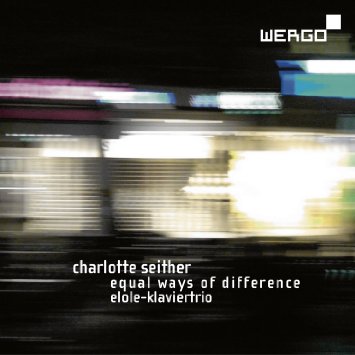
Charlotte Seither, Equal Ways of Difference. Elole Piano Trio. Wergo. WE 7321.2
When I go CD hunting, sometimes I trust the musicians, sometimes my educated curiosity, and occasionally the record label. The German label Wergo specializes in modern German music and seldom makes a musical mistake. I have come to trust that virtually anything they consider worth recording will be worth our time. What else would lead me to a CD of chamber music by unknown (to me) contemporary Charlotte Seither (b. 1965)? Other than my fondness for modernist chamber music: two piano trios, solo works for violin, cello, and piano, duo for violin and cello.
Seither's style is mainline post-modern sonic exploration. Her dynamic range is constrained, so we find ourselves cordially invited in and asked to follow the explorations. Do they feel consequential? How do you feel about liberal amounts of glissando—sliding up and down the scale? How curious are you about the edges of instrumental texture? There is not much to differentiate the five works in the program though they were composed over a seventeen-year period from 1994 to 2011. Seither clearly knows what she wants to do musically and sticks to her mission.
If you are a fan of contemporary music that is more searching and meditative, that remains within the range we have become accustomed to since the mid-twentieth century rather than breaking new ground, don't let my faint praise put you off.
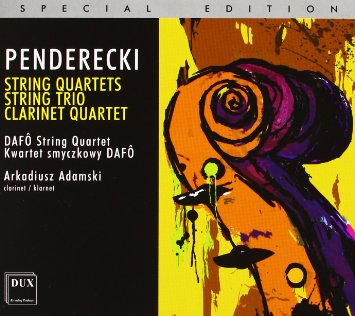
Penderecki. String Quartets, String Trio, Clarinet Quartet. Dafô String Quartet. Arkadiusz Adamski, clarinet. Dux 0770.
I am late to the party on this one, released in 2010. I'm working my way through the composer's oeuvre and missed this one first time around.
I doubt there is a note of Krzysztof Penderecki that hasn't moved me at some time or another -- but his Clarinet Quartet (1993) moves me more than most. The String Trio (1991) and String Quartets Nos. 1 (1960) and 2 (1968) which precede it in the program have their musical points to make. But the major Clarinet Quartet bursts upon us unexpected. Part of its appeal and power lie in the way each of the four instrumental voices comes to us -- distinct but part of a coherent musical statement. That sounds dumb and/or obvious but that's what got to me so I pass it along. It may be something that's harder to do as a composer than we might think because the effect is rare and moving. This work never ceases to take my breath away, leaving me conveniently speechless here.
The single movement String Quartet No. 3 (2008) which follows it and concludes the program is its equal in eloquence and power but is stylistically more complex. It is marked "Grave - Adagio Nottorno" but that doesn't come close to the many other places it goes. As I've written before, Penderecki comes from Stravinsky who likely made him possible; but he goes places Stravinsky could not (or would not let himself) imagine. Listening to Penderecki and Stravinsky along side each other is an enlightening way to hear how the geniuses of music history enable it to move.
Quartet No. 3 is one of the great quartets in the literature. This album is part of the Polish label Dux's ongoing series of the composer's music. Get to it.
Equipment used for this audition: Resolution Audio Cantata digital music center, Blue Circle O22i solid state integrated amplifier, Jean Marie Reynaud Offrande Supreme, V2 loudspeakers, Crimson cabling, Volex power cords.
Bob Neill is a former equipment reviewer for Enjoy the Music and Positive Feedback. Since 2004, he has been proprietor of Amherst Audio in western Massachusetts, which sells equipment from Audio Note (UK), Blue Circle (Canada), Crimson (UK), Jean Marie Reynaud (France), Resolution Audio (US), and Tocaro (Germany).




